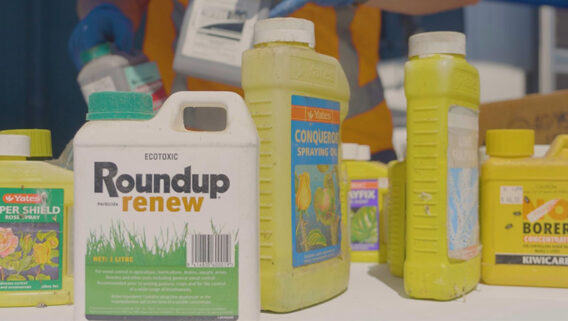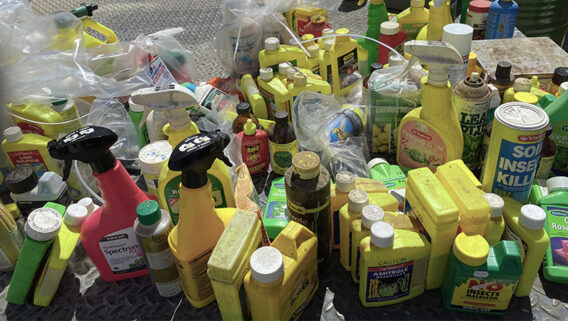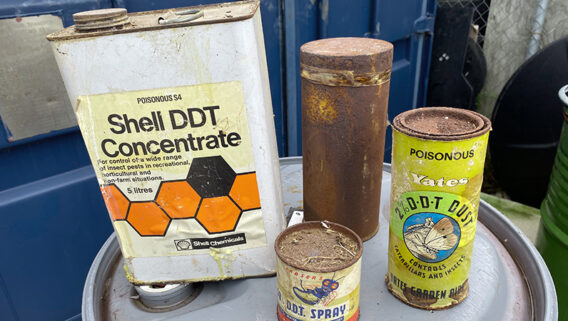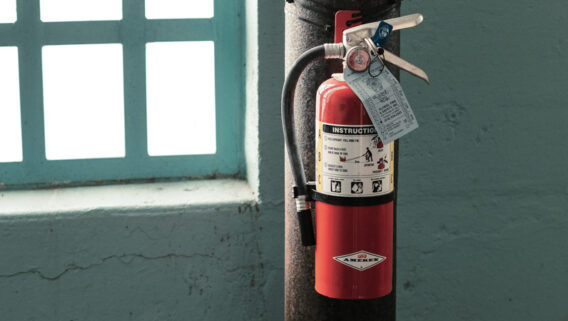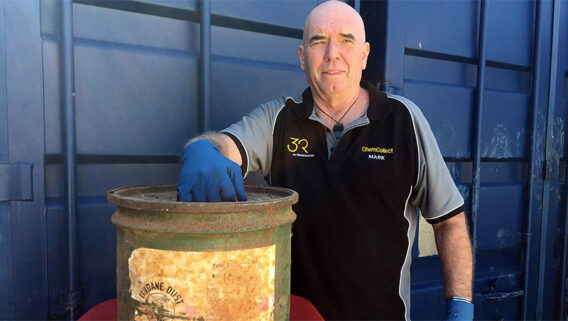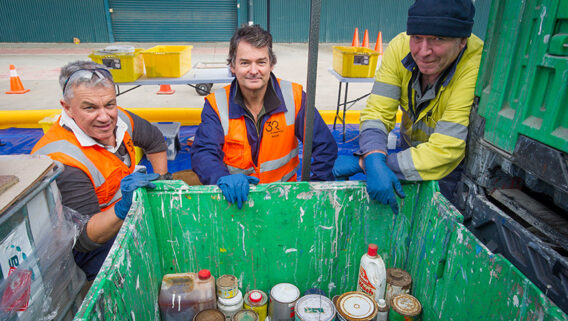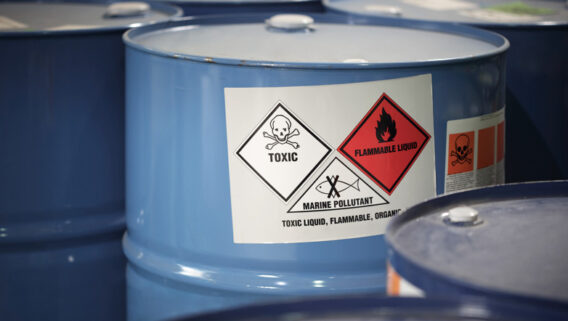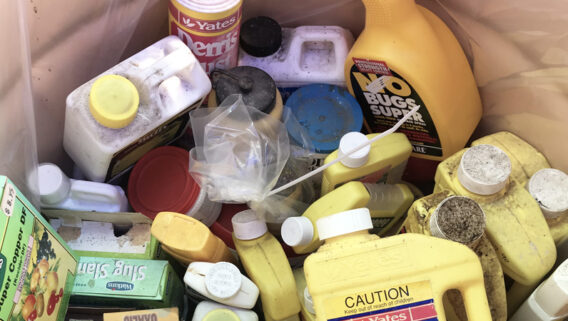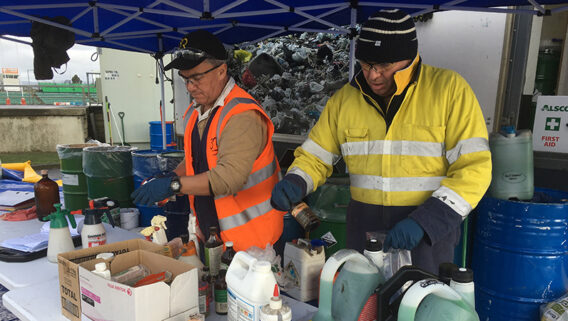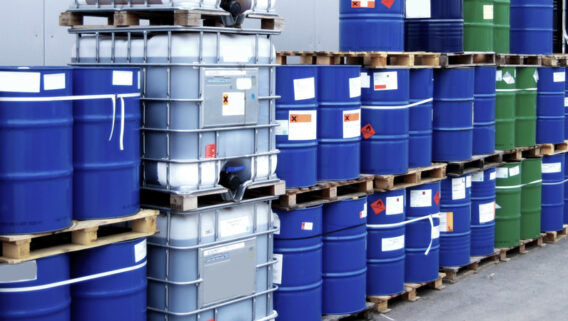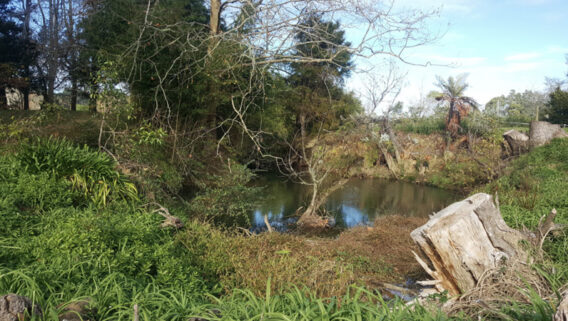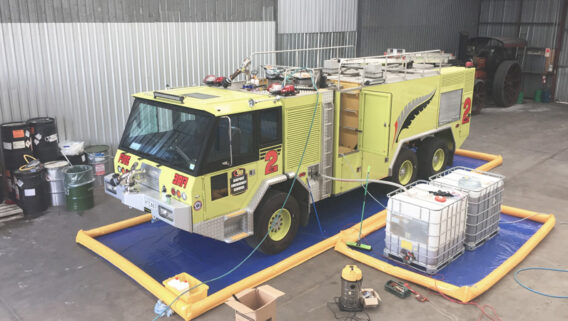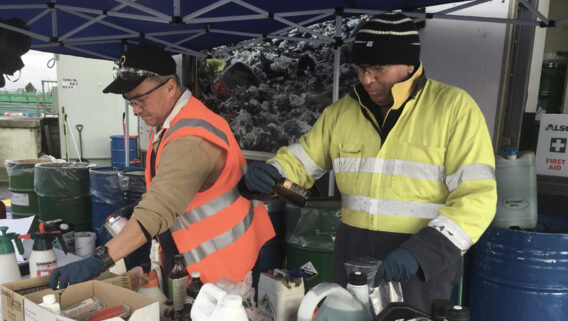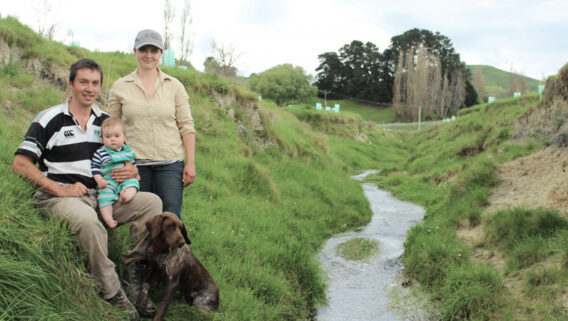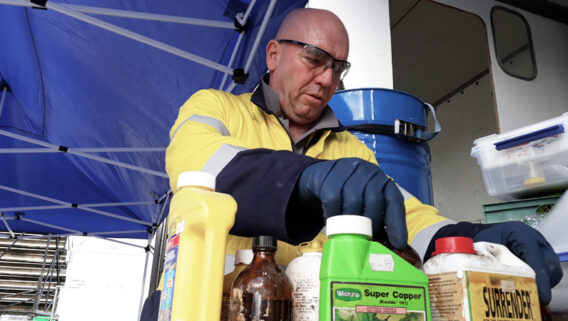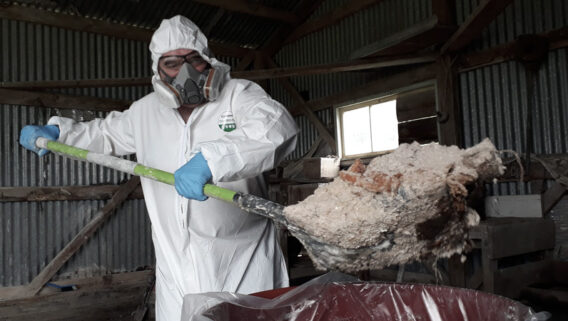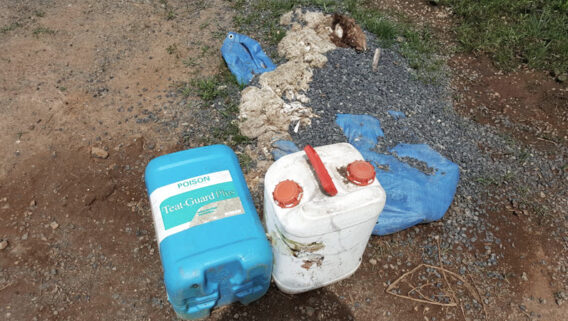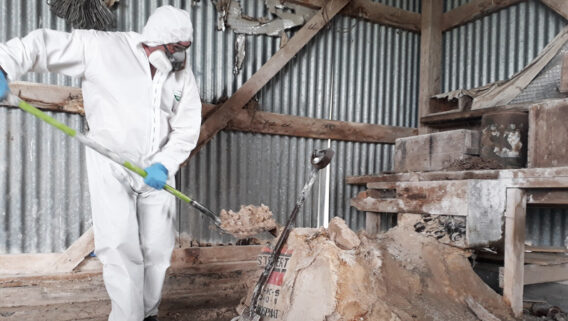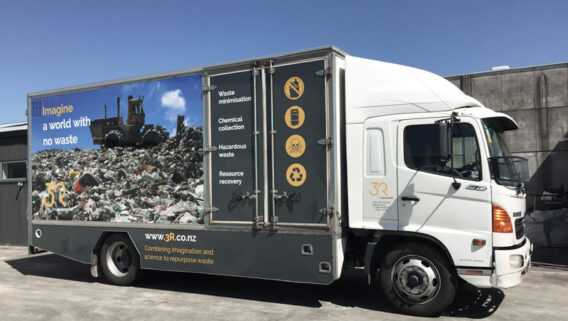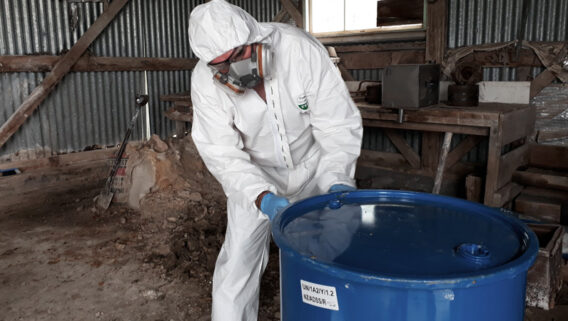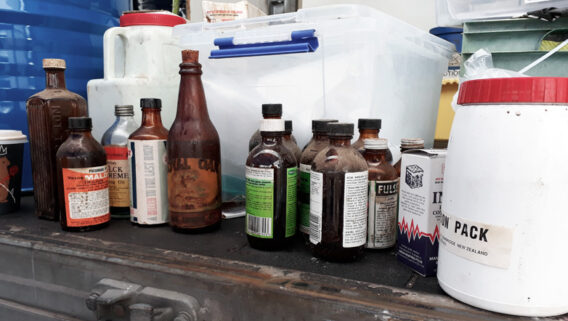Hazardous Waste Management
The simple way to manage hazardous waste.
If you’re looking for a cost-effective hazardous waste management service that protects the environment, you’ve come to the right place. Our team has over 10 years experience supporting households, organisations and businesses with their hazardous waste management.
Whether the hazardous waste you are dealing with is industrial, agricultural or household; we have a collection and disposal service suited to your needs. We’re there when you need us and you can rest assured we’re putting the safety of your people and the environment first in everything we do.
ChemCollect
Your needs come first with our tailored hazardous waste management programmes. It’s easier to keep the environment and your people safe with your choice of one off or scheduled collections tailored to the volume of waste you produce, your location, and your budget.
MOREMyHazWaste
Do you need an easy and efficient way to remove hazardous waste from your community? My HazWaste events are designed to give councils or community organisations the tools they need to engage the community in safe management of hazardous waste.
MOREWhat’s new?
Stay up to date with our latest hazardous waste news.
Frequently asked questions
Answers to some of the questions we are often asked about hazardous waste management. Do you have more questions? Read our articles or contact us.
-
What is a POP chemical?
A persistent organic pollutant (POP), also known as “forever chemicals”, are toxic chemicals which have been banned in many countries, including New Zealand. The once commonly used pesticide DDT is just one example of a POP, but there over 25 banned POPs. These chemicals do not break down and as a result they build up as they move through the food chain.
-
How do you dispose of my hazardous waste?
All materials have differing active ingredients so collected items are segregated accordingly. These active ingredients determine what chemistry is required to neutralise the materials before they can be stabilised and disposed of. Some materials require offshore disposal through high temperature incineration where all emissions are captured.
-
How do I know that my chemicals are safely disposed of?
We use best practice collection and disposal methods in accordance with all applicable regulations. We can provide disposal certificates – these are produced on request.
-
What responsibilities do councils have for hazardous waste?
Currently councils are not directly responsible for hazardous waste which isn’t their own, with their role being limited to enforcement of non-compliance (i.e. illegal dumping). However, in the future, under the government’s proposed new waste strategy, a duty of care approach and alignment of responsibilities through all levels of government may well see councils bearing some direct responsibility for hazardous waste disposal.
Our MyHazWaste service is specifically designed to help councils discourage illegal dumping and keep their communities safe.
-
What is the Basel Convention?
The Basel Convention regulates the movement and management of hazardous waste and materials. Signatories to the convention, of which New Zealand is one, are required to ensure such waste is managed and disposed of in an environmentally safe way. The convention covers a range of substances, from toxins and poisons to explosive and flammable materials. The convention has been ratified by all countries except Haiti and the United States.
-
What is the Stockholm Convention?
The Stockholm Convention is a global agreement recognising that POPs have the potential for negative long-term impacts on humans and the environment. It also seeks to study a number of chemicals to determine if they should be classified as POPs. As of this year all but a handful of countries have ratified the convention.






